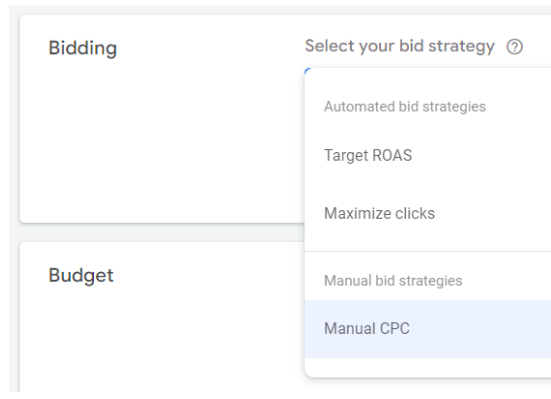The energy and utilities sectors are navigating a transformative era as the demand for sustainable solutions intensifies. Consumers, regulators, and shareholders are calling for a reduction in carbon footprints, innovative technologies, and adherence to evolving regulations—all while maintaining reliability and affordability. Amid these challenges, artificial intelligence (AI) is emerging as a game-changer. From improving operational efficiencies to driving the transition toward renewable energy, AI is helping reshape the future of energy.
AI: A Catalyst for Industry Change
AI has played a pivotal role in energy for years, particularly in the oil and gas sector, where companies use it to analyze large sets of subsurface data to optimize resource recovery. In recent years, utilities companies have also leveraged AI to enhance predictive maintenance, streamline operations, and increase resilience.
However, the role of AI has evolved beyond maintenance and efficiency improvements. It now serves as a key enabler of the transition from fossil fuels to renewable energy. A study by Capgemini reveals that one-third of energy companies are already piloting generative AI technologies, while 40% have allocated dedicated teams and budgets for AI-driven initiatives.
AI in Action: Enhancing Operational Efficiencies
Unplanned downtime is a costly challenge for energy companies. Research by Kimberlite shows that just 3.65 days of downtime can cost an oil and gas company more than $5 million annually. AI offers several solutions to improve reliability, efficiency, and sustainability in operations:
- Infrastructure management: AI automates energy distribution and grid control, ensuring smoother operations and more cost-effective asset management.
- Supply chain optimization: AI eliminates manual processes in supply chain operations, improving agility and reducing risks.
- Predictive maintenance: AI identifies potential equipment issues before they lead to downtime, enabling timely repairs and boosting safety. For example, AI algorithms can detect pipeline corrosion early, preventing accidents and outages.
- Workforce management: Platforms like Shyftplan use AI to optimize workforce scheduling. One energy client reduced scheduling time by 60% to 80%, freeing up resources for more critical activities.
Driving Sustainability with AI
As the global transition toward sustainable energy accelerates, AI plays a crucial role in renewable energy forecasting, emissions monitoring, and energy storage management.
- Optimized forecasting: AI aligns the fluctuating supply of renewable energy with real-time demand, improving energy distribution and reducing waste.
- Energy storage: AI optimizes energy storage solutions, minimizing the risks associated with renewable energy sources like wind and solar, which are dependent on weather conditions.
- Emissions monitoring: AI-powered systems provide continuous and accurate emissions monitoring, helping companies meet sustainability goals and regulatory requirements.
Startups like Evolution Energie are leading the charge, using AI to forecast energy needs, automate trades, and optimize asset performance. Their collaboration with companies like TotalEnergies showcases the potential of AI in achieving a more sustainable energy ecosystem, spanning oil, biofuels, and renewables.
Enhancing Customer Experience Through AI
AI is transforming how energy companies engage with their customers, offering more personalized services and dynamic pricing models. With AI-driven dynamic pricing, energy costs fluctuate based on market conditions and consumer demand, encouraging conservation and promoting sustainable practices.
AI also allows companies to gain deeper insights into customer behavior, enabling them to tailor their offerings and improve satisfaction. Self-service portals and AI-powered chatbots streamline customer interactions, making service more efficient and reducing costs. These digital platforms empower consumers with greater control over their energy usage while minimizing the need for manual intervention.
Conclusion
The integration of AI into the energy and utilities sectors marks a turning point, enabling companies to enhance operational efficiency, reduce costs, and meet sustainability goals. As AI technologies continue to evolve, their role in facilitating the transition to renewable energy an improving customer experiences will only grow. The future of energy lies at the intersection of innovation and sustainability, and AI will be the engine that drives this transformation forward.









Leave feedback about this